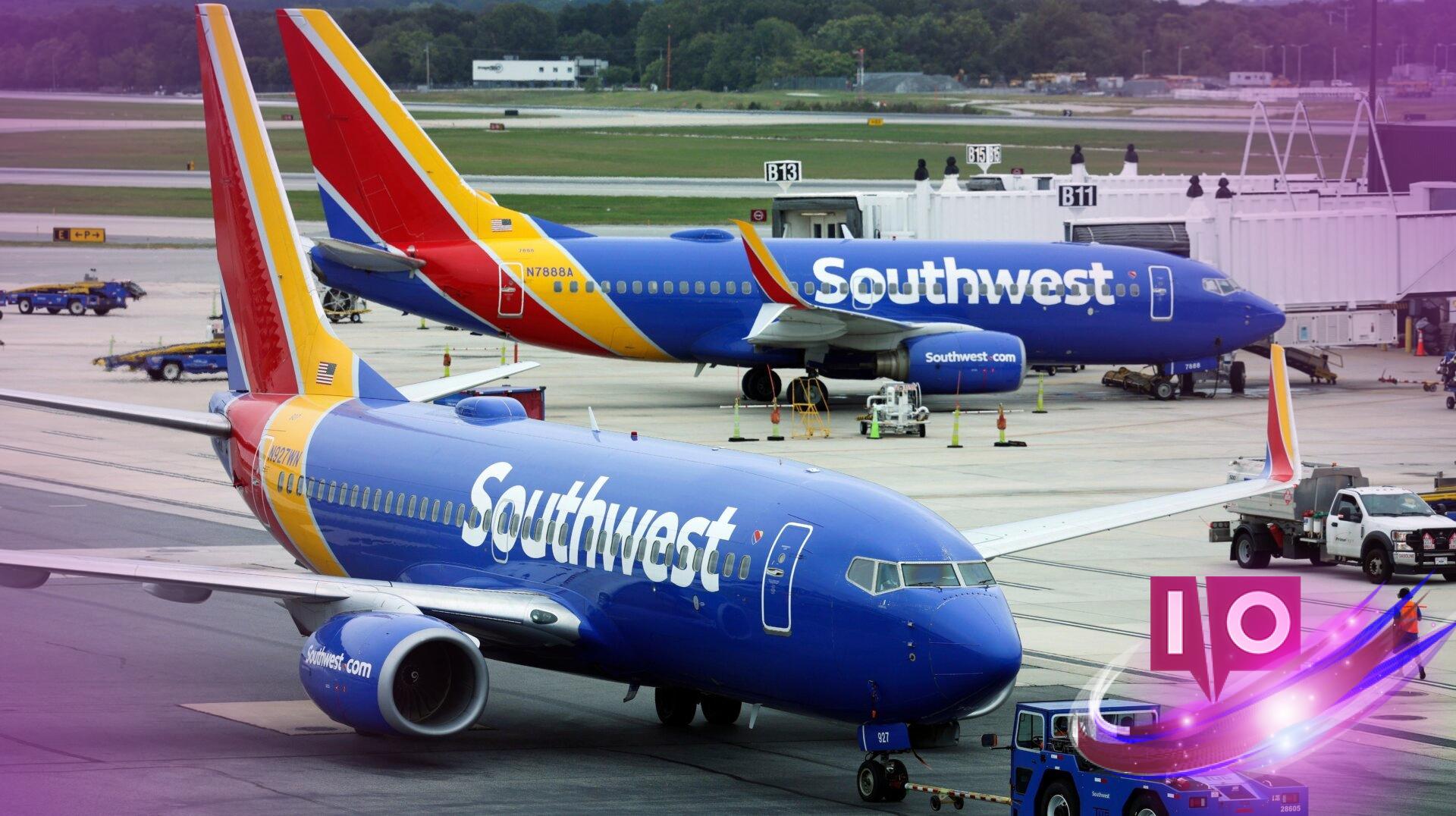Earlier this summer, a video of a shocking altercation on a Southwest Airlines flight went viral, prompting serious discussions about passenger conduct and airline policies. The footage shows an intoxicated woman aggressively attacking another passenger, leading to her arrest. Now, the victim has decided to take legal action against her attacker and Southwest Airlines, citing the airline’s open seating policy as a contributing factor to the incident.
Leanna Perry, a 32-year-old illustrator from Brooklyn, was filmed during the altercation on a flight from New York to Kansas City. In the video, she can be heard making derogatory comments about Livia Rombola, the woman she attacked, before physically assaulting her. Despite numerous passengers attempting to intervene, Perry continued her aggressive behavior, which escalated into a chaotic scene that nobody on board will soon forget.
The viral TikTok clip, which has since been deleted, raised concerns about safety in open seating arrangements, a policy Southwest has long upheld. The video captured Perry’s alarming behavior, including repeatedly spitting at Rombola while being restrained by fellow passengers and even airline staff. This situation highlights significant issues regarding passenger safety and airline responsibility during flights.
The complaint filed by Rombola outlines serious personal injuries she sustained, claiming they are “permanent and lasting in their nature.” The lawsuit suggests that the intoxicated state of Perry should have been addressed by the airline staff, especially after she showed clear signs of distress and discontent by not wanting to sit next to another passenger. Rombola believes the open seating arrangement contributed to the altercation, resulting in severe emotional distress and damage to her reputation.
Are open seating policies safe for passengers?
Open seating can lead to conflicts, especially when individuals must choose their own spots without any pre-assigned seating, leading to potential disagreements or confrontations.
The lawsuit also points to Southwest’s announced plans for assigned seating in early 2025, emphasizing the airline’s gradual shift in approach to passenger seating for safety reasons. It notes, “The lack of proactive seat assignment directly contributed to this confrontation.” This change may be too late for Rombola, who is grappling with the aftermath of the online exposure from this incident.
In the current climate, unruly behaviors on flights have been reported extensively, with the FAA documenting over 1,000 such incidents in the U.S. for the year alone. While the numbers are notably lower than during the peak of the pandemic, the rise of social media has dramatically increased the visibility of these altercations, raising questions about how both passengers and airlines can manage behavior during flights.
What are the consequences of unruly behavior on flights?
Unruly passengers may face legal repercussions, fines, and even bans from airlines, like Southwest. This serves as a warning that disruptive behavior will not be tolerated.
Will airlines change their policies to prevent further incidents?
With the rise in documented flight disturbances, airlines are likely to reassess their boarding policies, including open seating arrangements, to enhance safety and comfort for all passengers.
A spokesperson for Southwest stated they could not comment on ongoing litigation, but they have expressed ongoing commitment to passenger safety. For passengers like Rombola, this incident underscores the need for greater accountability within airlines and prompt action during incidents in the air.
In conclusion, the disturbing flight incident raises many questions about passenger conduct and airline policies. It is critical for travelers to be aware of their surroundings and for airlines to implement measures that prioritize safety and prevent conflicts on board. For further insights and information on flying safely and responsibly, feel free to explore more at Moyens I/O.
